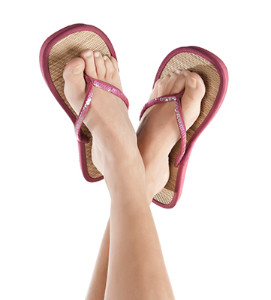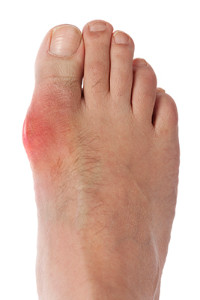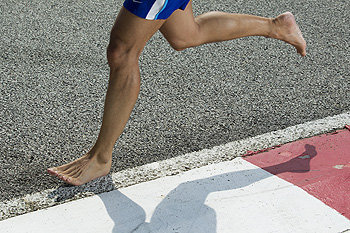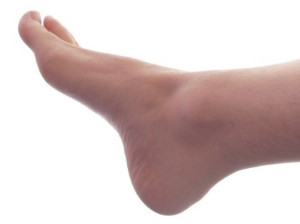 As warm weather approaches, many people choose to wear flip-flops. The flip-flop has been a popular summer shoe for decades, however there are many podiatrists that would caution against its usage. Foot injuries may occur as a result of wearing flip-flops, including stress fractures and blisters. According to the Consumer Product Safety Commission on Emergency Room Visits, 25,300 out of 198,437 emergency room visits due to footwear were caused by wearing flip-flops. Although some of these injuries were minor cuts on the toes, others were more serious such as sprains and tendinitis.
As warm weather approaches, many people choose to wear flip-flops. The flip-flop has been a popular summer shoe for decades, however there are many podiatrists that would caution against its usage. Foot injuries may occur as a result of wearing flip-flops, including stress fractures and blisters. According to the Consumer Product Safety Commission on Emergency Room Visits, 25,300 out of 198,437 emergency room visits due to footwear were caused by wearing flip-flops. Although some of these injuries were minor cuts on the toes, others were more serious such as sprains and tendinitis.
Flip-flops are not always the best choice of footwear. If you have any concerns about your feet or ankles, contact one of our podiatrists from Canonsburg Podiatry Associates. Our doctors will assist you with all of your foot and ankle needs.
Flip-Flops and Feet
When the weather starts warming up, people enjoy wearing flip-flops. Flip-flops are comfortable, stylish, and easy to slip on and off; they're perfect for any summer beach goer. However, these shoes can cause harm to the feet.
How Can Flip-Flops Affect Me Long-Term?
- Ankle problems
- Hip problems
- Lower back problems
- Pain in the balls of the feet
- Problems with foot arches
- Changes in the way you walk
Are There Injuries Associated with Flip-Flops?
Yes. Since flip-flops are relatively weak and do not provide the same amount of support as sneakers, people who wear flip-flops regularly are more susceptible to injuries. On top of that, the open nature of the shoe makes your feet more prone to other problems, such as cuts and even infections. Common injuries and ailments include:
- Sprained ankles
- Blisters
- Infections
- Cuts and Scrapes
I like Wearing Flip-Flops. Are There Safe Alternatives?
When buying flip-flops, try to find ones that have sturdy soles and that are made of high-quality materials that will support for your feet. These flip-flops will cost more but will also last longer as a result.
If you have any questions please feel free to contact our office located in Canonsburg and McMurray, PA . We offer the newest diagnostic and treatment technologies for all your foot and ankle needs.



